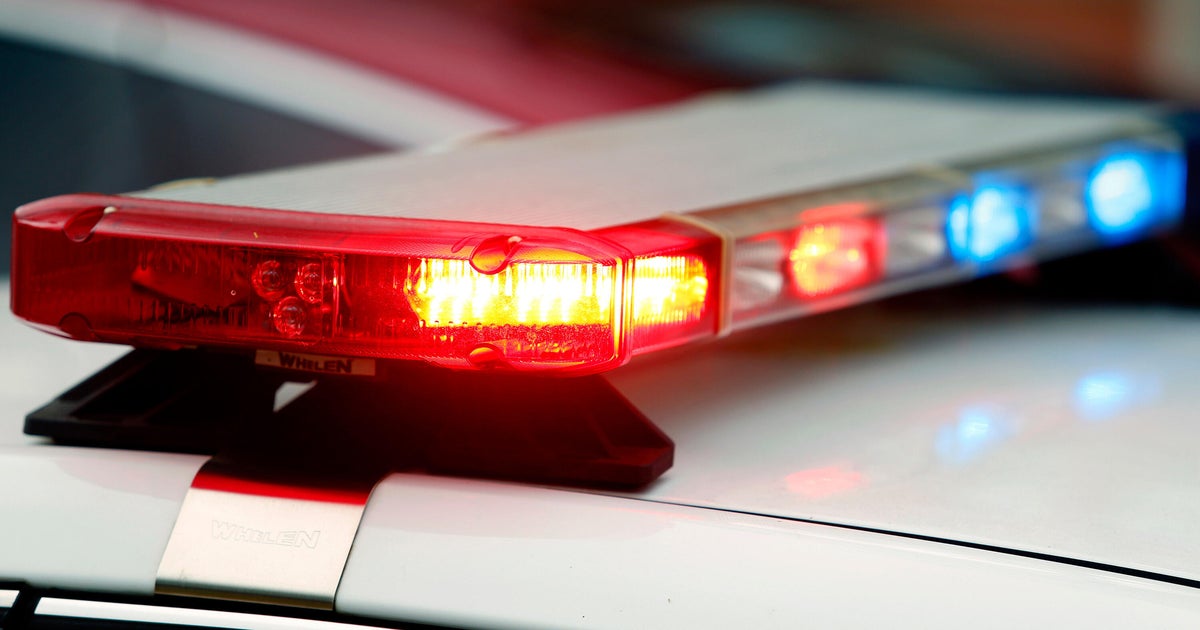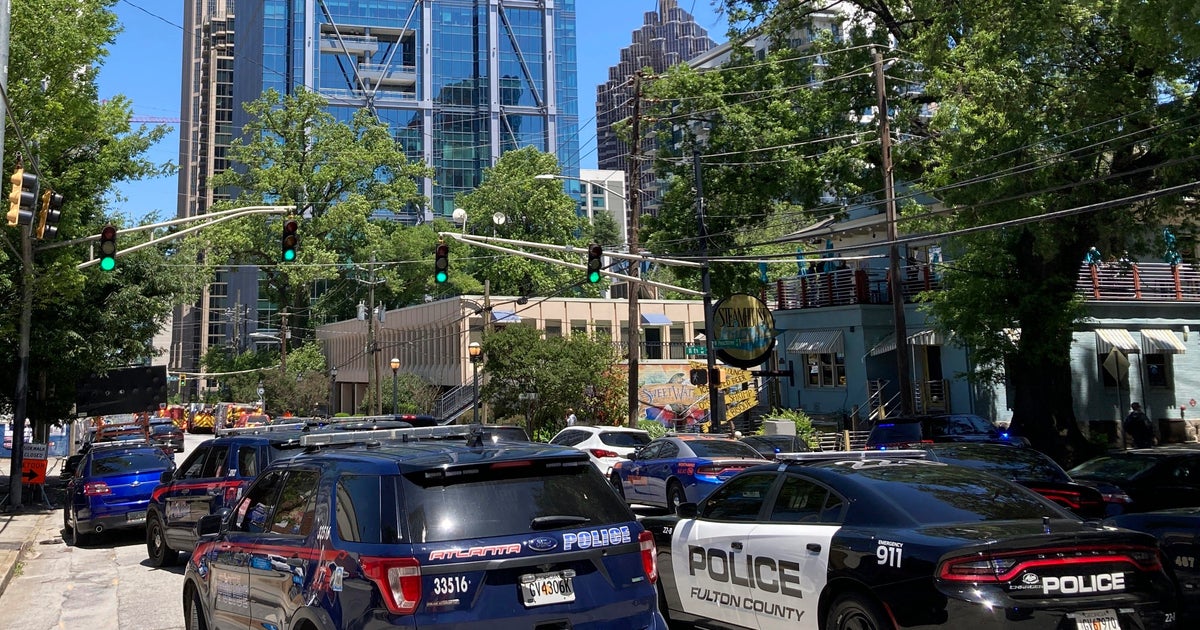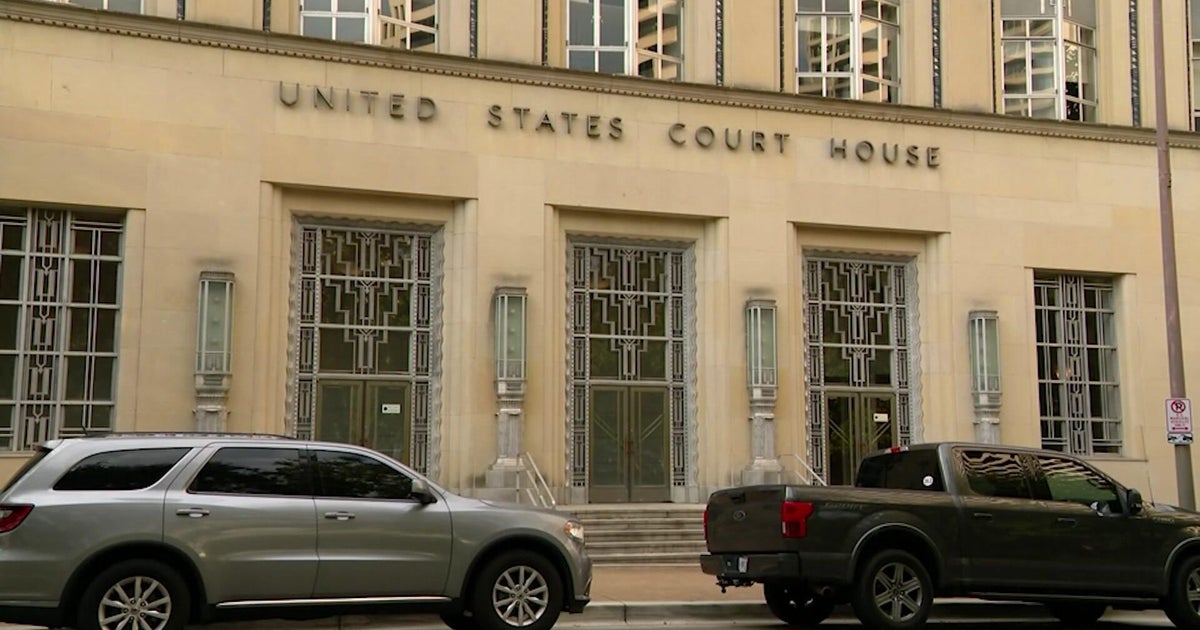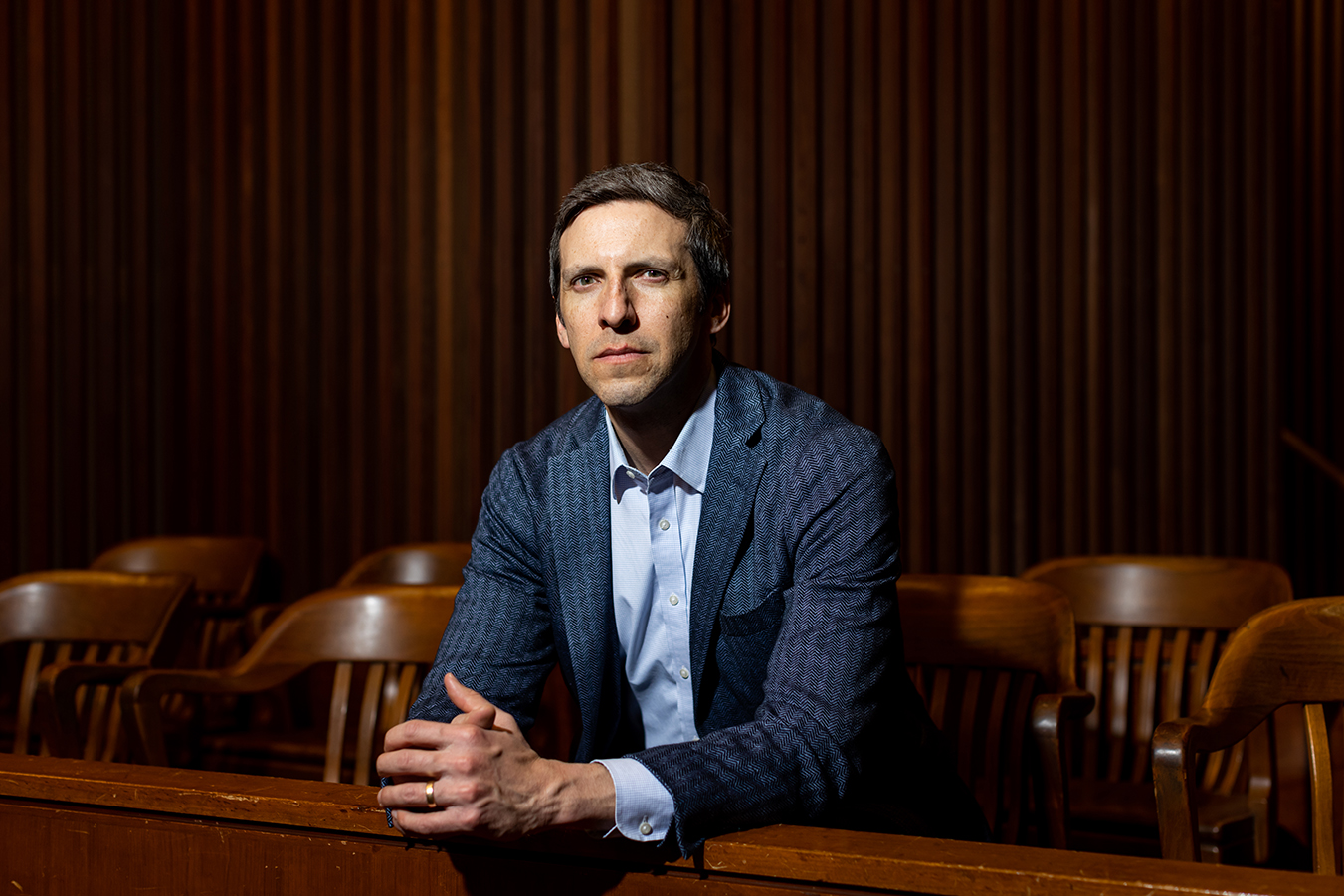MS-13 gang targeted in pre-dawn sweep across Los Angeles
LOS ANGELES -- Hundreds of federal and local law enforcement fanned out across Los Angeles in pre-dawn sweeps, serving arrest and search warrants as part of a three-year investigation into the ultra-violent street gang MS-13.
Federal prosecutors unsealed a sweeping indictment Wednesday morning charging dozens of members and leaders of the brutal street gang with a variety of crimes, including murder.
READ: Mounting alarm over MS-13 street gang as feds respond
Acting U.S. Attorney Sandra Brown said 44 defendants are facing federal charges, 21 of whom were arrested Wednesday. Those charged include Jose Balmore Romero, 43, who was allegedly the "overall shot-caller" for MS-13 Los Angeles in 2013 and 2014. He's accused of overseeing drug trafficking and extorting so-called "taxes" and "rent," some of which were allegedly distributed to Mexican Mafia members.
Federal prosecutors say he also allegedly conducted gang meetings and ordered the "jumping in" of new members and assaults of members in bad standing. He has reportedly been in local custody since February 2015, accused in a gang-related murder.
Twelve accused senior leaders of the gang, who allegedly lead a majority of the gang's cliques in the Los Angeles region and formed a "de facto leadership council," are also facing charges, according to the U.S. Attorney's Office for the District of California.
A 127-page, 41-count anti-racketeering indictment names 34 people and describes how MS-13 "uses violence and intimidation in an effort to maintain its power and control narcotics trafficking," prosecutors say. Three people accused of murder could face the death penalty, Brown said.
"This gang is responsible for murders – both of rival gangsters and innocent bystanders – as well as drug dealing and extortion in many communities in the Los Angeles area," Brown said in a statement. "With thousands of members here in the Southland, the gang's power is widespread – power which it maintains with severe acts of violence. Today's charges and arrests, however, will deal a critical blow to the top leadership of this criminal organization and will significantly improve safety in neighborhoods across this region."
The 21 taken into custody Wednesday were arrested in pre-dawn raids across Los Angeles. Brown said warrants were served at more than 50 locations. Jail officials around the region also conducted cell searches, as some of those indicted were already in custody on unrelated charges.
Heavily armed agents from the Bureau of Alcohol, Tobacco, Firearms and Explosives raided a storefront along a strip of dilapidated buildings near downtown just before 4 a.m. and found at least seven people locked in a room. FBI Assistant Director in Charge Deirdre Fike said those people are being investigated as possible human trafficking victims.
The early morning raids and the indictment are part of a multi-agency case led by the FBI that started in 2014. More than half of those arrested and charged in the case are in the country illegally, Fike said. It was unclear how long they had been in the United States or what countries they are from.
MS-13 has become a primary target of the Departments of Justice and Homeland Security amid the Trump administration's broader effort to crack down on illegal immigration and violent crime. President Donald Trump and members of his administration have repeatedly said MS-13 poses a particular risk to American communities and is among the most ruthless street gangs.
For MS-13, violence is "a way of life" – a way to maintain order and discipline within their ranks, FBI supervisory special agent Julian Igualada told CBS News' Crimesider last month. The gang's motto is "kill, rape and control." Gang members or recruits use weapons like machetes or knives to carry out killings, and victims are often found with repeated slashes that leave them nearly unrecognizable. Gang members believed to have shown disloyalty, members of rival gangs or anyone who is perceived to have slighted the gang are potential targets for killings.
MS-13, also called Mara Salvatrucha, has migrated east from Los Angeles, where it was founded in the mid-1980s by immigrants fleeing El Salvador's civil war. The gang's true rise began after members were deported from the U.S. back to El Salvador in the 1990s. The gang is headquartered in El Salvador but operates internationally with about 10,000 members in the U.S. and 30,000 abroad, according to the Justice Department.
According to the FBI, MS-13 in the U.S. is comprised mostly of Salvadoran nationals or first-generation Salvadoran-Americans, but also Hondurans, Guatemalans, Mexicans, and other Central and South American immigrants. MS-13 hubs in the U.S. tend to center around pockets of immigrants from Central America. The gang has plagued immigrant communities in and around Washington D.C., on New York's Long Island, Newark, N.J., in Boston, Charlotte, Houston and other areas.
In 2012, MS-13 was designated a transnational criminal organization by the Treasury Department, which said the gang is involved in "serious transnational criminal activities, including drug trafficking, kidnapping, human smuggling, sex trafficking, murder, assassinations, racketeering, blackmail, extortion, and immigration offenses."
MS-13 leaders in El Salvador were targeted for financial sanctions by the Obama administration in 2012 as part of an earlier executive order targeting such groups. Trump signed an executive order in February specifically directing federal law enforcement to focus resources on combating street gangs and transnational criminal organizations.



